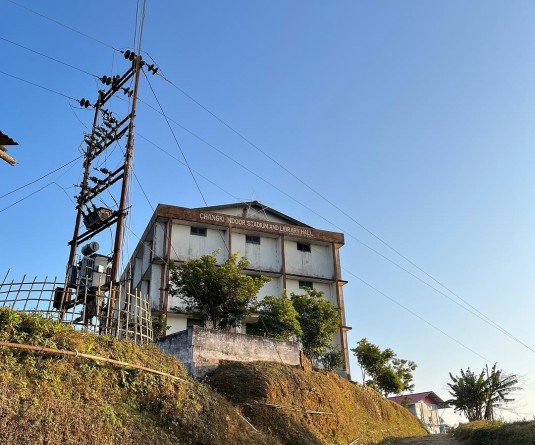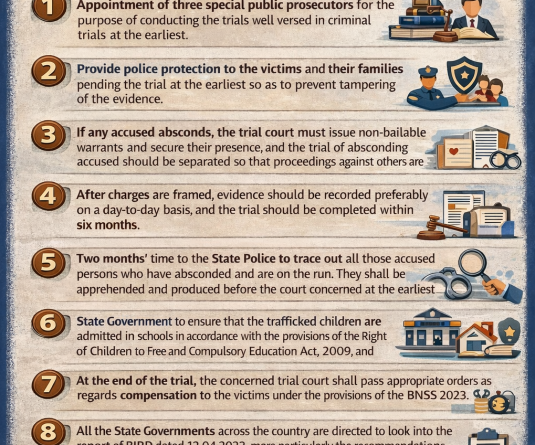Int’l loinloom festival explores Naga women weaver’s stories
Weavers at the 6th International Loinloom Festival 2019 which started on December 6 at Weaver’s Place, Diezephe Village. (Morung Photo)
Morung Express New
Dimapur | December 6
The 6th International Loinloom Festival (ILF) 2019 began here today at Weaver’s Place, Diezephe Handicraft Village, Dimapur, organized by Exotic Echo Society. The Government of Nagaland has now recognized it as an extension of the Hornbill Festival of Nagaland, while the Central Government has recognized it as the National Occupational Standards (NOS).
The festival aims to promote livelihood through traditional art of weaving—loin loom weaving and handicrafts. This year’s edition saw women from the 16 tribes of Nagaland bringing their culture to life as the place bustled with light chatter and the faint thud of bamboo sticks hitting the yarns.
Visitors from across the country and abroad observed the demo while a few stalls put up displayed finished products from shawls, mekhalas, tables runners, cushions, tote bags, rucksacks etc made purely from the fabrics grown in the Naga hills.
“It is the pure love and passion and the hard work she puts that keeps her happy,” Vitono Gugu Haralu said about her mother, a weaver who used to take her places where traditional weaving came alive.
“We want the Government to add us in policies,” said Sonnie Kath from Exotic Echo Society, while adding that the weavers would be talking about policies and what they need in the Weaver’s Dialogue Seminar.
Fumie Kobayashi from Japan, Founder and President of Calico LLC, which works with local artisans of rural villages in India, was one of the speakers in the dialogue. Impressed by the products on display, she stated “we want to introduce this art in Japan, where we have similarities there.”
Earlier in the inauguration function, Velasujo Shijoh Chairman, Diezephe Village Council and Board Member of ILF said the festival has a long history of how earlier generations worked with their own bare hands.
The State Government came and saw and was happy. It was in 2001 when the then Nagaland Handloom & Handicrafts Development Corporation Limited, Director Hekali visited the village and soon recognized it as the Handicraft Village, he said.
Shijoh further informed that most of handicrafts seen in the Hornbill Festival annually and those available at the Supermarket in Dimapur are from Diezephe.
Revive and sustain
Mohan Rao Macherla, President of the National Handloom & Handicraft Federation meanwhile stressed on the need to to understand the importance of keeping traditional customs of the community. Rao held that traditional weaving involves three skills - science, technology and statistics.
Acknowledging the founders of the festival, he said that before 2018, loin loom weaving was not recognized in India. While impressing on the importance of the Naga’s cultural heirloom, Rao strongly opined that it is keeping the economy alive.
The marketing potential is not limited to India alone, but beyond, he said. As such, traditional weaving is facing competition with power loom industries as technology keeps on increasing day by day, Rao held.
“We have to face it and improve our skills. Revive and sustain. This is definitely a transformation period.”
Rao also assured to support the weavers’ ideas and concepts, and promised to debate in their internal meetings “to achieve our goals and to keep our traditions.”
A special pavilion showcasing 11 years of the organic story of Exotic Echo Society was inaugurated by the State Director of Tourism Department, Akhale Vizol who informed that the State Government has organized a programme called ‘Retouch’ at the Hornbill Festival in Kisama. This, she stated will go a long way in promoting and preserving “our culture.”
The day included weaving demonstration by the Naga womenfolk. A particular stall caught the visitors’ attention as a tribal man demonstrated on the pit loom from the Adivasi Academy, Gujarat.
Fusion food meals curated by Pritha Sen are available at the resident camp area, where coupons can be purchased at the festival reception. The two-day event will culminate December 7.





